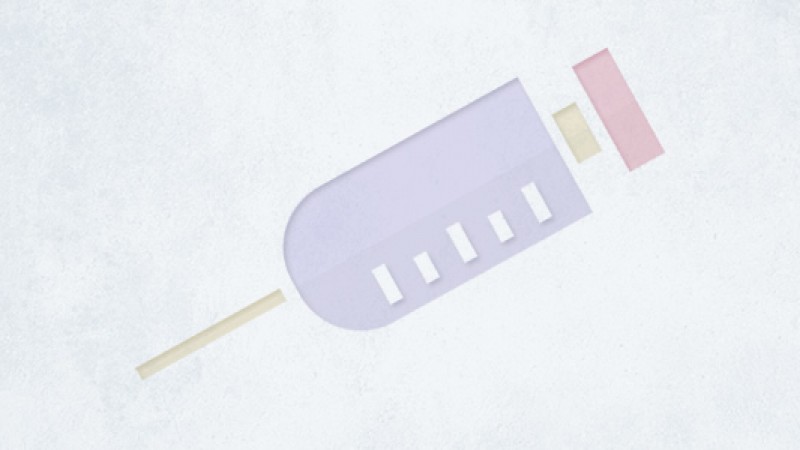What You Should Know About Unexpected or Surprise Medical Bills
- Details
- Written by Remar Sutton
- Category: Articles

Unexpected or surprise medical bills for care or medical services that aren't covered by your insurance plan are typically due to using an out-of-network provider.
Some states have taken steps to prevent surprise billing, but there is no nationwide legislation for it yet. Educate yourself on the topic and continue to be an informed consumer.
When this occurs, your insurance company will pay for what it considers to be the customary fee for the care provided and pay some of the out-of-network expenses. Once the insurance company determines its fee, it's left to you to pay the remaining balance from the out-of-network provider. This process may seem shocking, but it's actually known as balance billing. Some states have taken steps to prevent surprise billing, but there is no nationwide legislation for it yet. For now, it's best to educate yourself on the topic and continue to be an informed consumer.
COVID-19-Related Surprise Bills
The most recent surprise billing issues have to do with COVID-19 and antibody testing. The Families First Coronavirus Response Act and the Coronavirus Aid, Relief, and Economic Security Act signed into law in March mandated free COVID-19 and antibody testing. The acts requires health insurers to cover this testing without any cost to consumers. This means no copay, coinsurance, or need to meet a deductible, in addition to no charge for the testing itself or the related doctor's appointment. The Acts also provided funding to cover the costs of testing the uninsured. Therefore, if you get a bill for COVID-19 or antibody testing, question it.
There are other circumstances that could cause a surprise bill related to COVID-19 testing. This article from Consumer Reports describes some of these circumstances and provides tips to help you receive testing without the possible surprise.
Avoiding Surprise Bills
There are steps you can take to avoid some surprise bills. These steps involve planning ahead when choosing providers and always asking any questions you may have.
Stay in your network
Call your insurer and the doctor's or provider's office to verify that the service or procedure is covered by your health plan and that the doctor and facility are in your plan's network. Do this for every provider, facility, or lab involved in your care. If anyone is out-of-network, ask your doctor for a referral to an in-network provider. If you choose to go out-of-network, ask your insurer if they will cover any of the expenses.Ask who will be part of your care
For surgeries or other procedures, ancillary providers such as anesthesiologists and radiologists may be out-of-network, even though the hospital is in-network. If they are out-of-network, tell your doctor you want only in-network providers.Know what is covered if you need emergency care
Ask your insurer for documentation of what your plan will and won't cover.Ask your doctor what they charge
If you need a procedure, ask for the Current Procedural Terminology (CPT) code for the procedure. Using the procedure name and CPT code, ask your insurer or search under your insurance account if it's covered and what amount they will pay. This information will help you review your bill for any errors such as incorrect coding or amount.
Review Your Bill
It's important to review your bill to make sure that you are charged only for the services you received. If your bill does not include a detailed list of charges, ask for an itemized invoice by calling the billing office. First, make sure that your personal information is correct, including your insurance information. Second, compare the bill with your explanation of benefits (EOB) from your insurance company or your Medicare Summary Notice (MSN). Lastly, check that the dates and codes match the bills you received.
Remember, mistakes can happen. Here are some common errors to look out for:
- Incorrect quantities or duplicate charges (e.g., an incorrect number of pills could cost hundreds of dollars)
- Treatment, medication, or procedures you didn't receive
- Inflated time spent in the operating room and recovery – these are typically charged by the minute, and your medical record will show the actual start and stop times
- Charges for routine items may be listed separately (e.g., gloves, gowns, and tissues)
- Room fees – is the charge for the right type of room (shared or private) and days?
Question the Bill – It's OK!
If you receive an unexpected medical bill, talk to your insurer to see if they will cover it. If they won't, or will only pay a limited amount, try to negotiate the charge with the provider. The provider may accept the insurance payment and forgive the balance or work out a payment plan.
It's important to protect yourself and your wallet by being an informed consumer. For more details about these steps, check out the following resources:


































